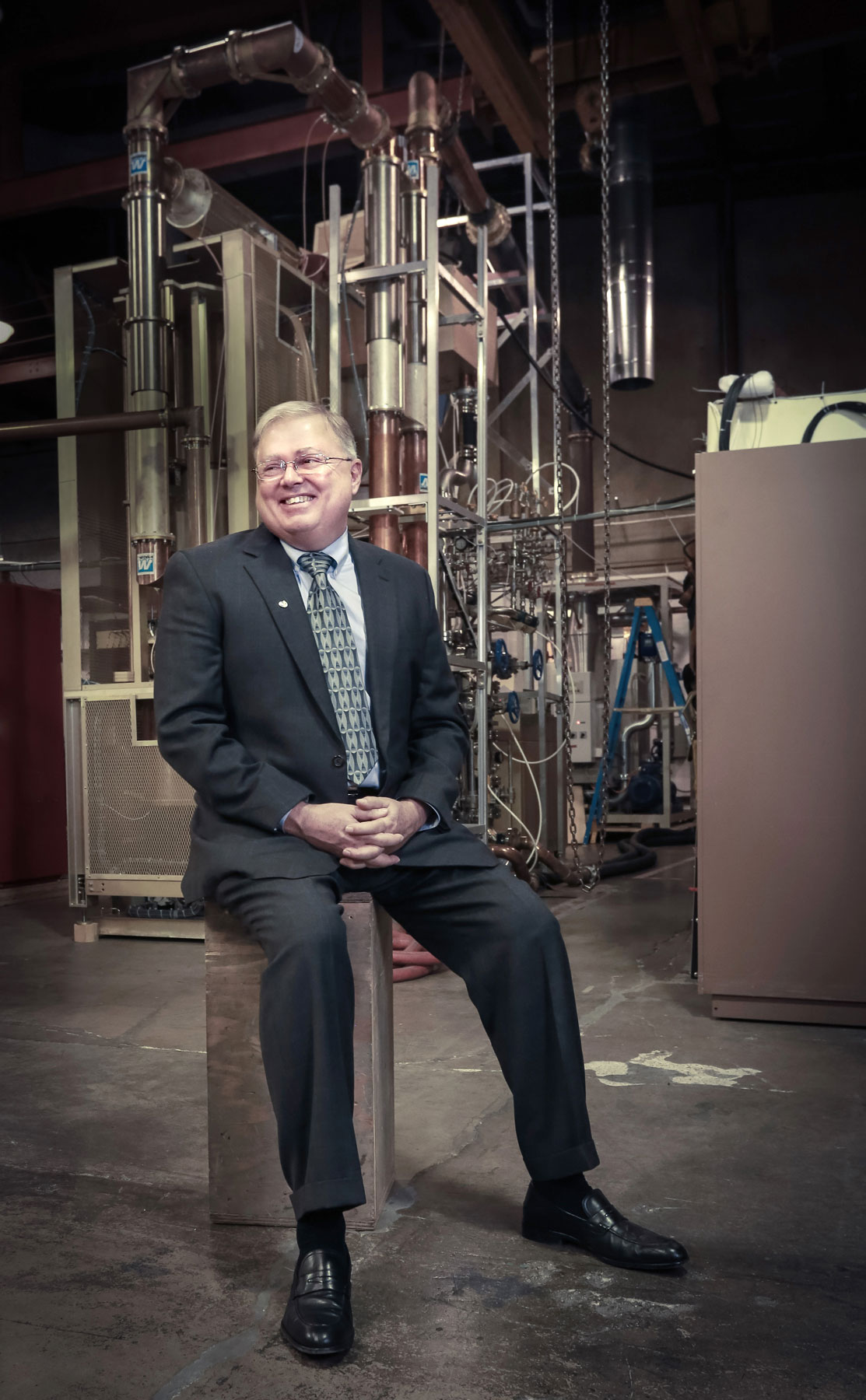From its headquarters in a nondescript neighborhood in South Dallas, Continental Electronics Corp. is looking at serious opportunities for growth in a deceptively simple market: Heating stuff up. It’s a new use for technology the company has built since it was founded in 1946.
Continental makes high-power radio transmitters used to communicate with space probes at the edge of the solar system, by submarines on deep-sea deployments, by developers of experimental methods of cancer treatment, and by the Department of Energy to help build nuclear weapons.
Those uses of its transmitters, which can be as large as a single- or double-wide trailer, have helped bring Continental eight figures in revenue, positive cash flow, and a 100-person staff. But the company’s president and CEO, Dan Dickey, says the potential for new uses of the technology—radio-based heating—could take things to a whole new level.
“We’ve had a good growth rate over the last five years,” he says. “It would make our growth rate go through the roof, if we can get one or two [radio-based heating] markets.”
One of those markets lies in the “oil sands” in Canada. A mix of clay, sand, water, and a tar-like form of crude oil called bitumen, the underground oil sands are an enormous potential source of energy. The Canadian province of Alberta alone has roughly 168 billion barrels of proven oil reserves—the largest after Saudi Arabia and Venezuela.
The challenge is getting the bitumen out of the ground. At room temperature, bitumen has the consistency of cold molasses. A common technique for extracting it involves injecting high-pressure steam into the ground. The steam goes in one well located horizontally under the bitumen, and its heated, liquid form comes out another well that runs parallel and below the steam well.
This approach can have negative environmental consequences like greenhouse gas emissions from heating water for steam, along with oil-tainted wastewater, according to the Pembina Institute, a Calgary-based environmental think tank. “It’s an ecologically unsustainable approach,” says Amin Asadollahi, the group’s oil sands program director.
Continental is supplying technology to a consortium of companies testing an alternative technique that essentially zaps bitumen with high-power radio energy, heating it as a microwave oven would heat a cup of water, Dickey says.
This approach reduces emissions because the radio energy can be powered with electricity, which in turn can come from clean sources like hydroelectric or solar power. Radio waves don’t damage the soil, and there is no water involved.
Dickey sees many challenges ahead, chiefly safety and regulatory requirements. Current tests are scheduled to wrap up in the middle of 2015. “I believe in six or nine months, we should see orders increasing in that market,” Dickey says.






